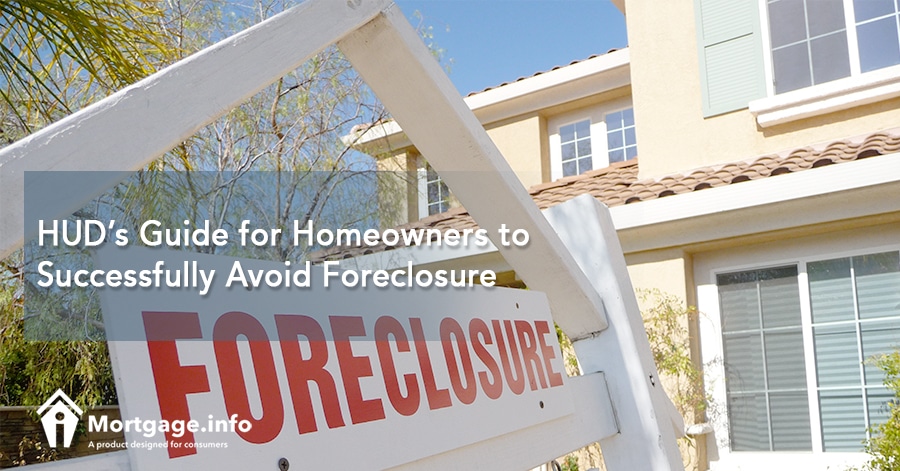Last December, the Housing and Urban Development made public a Homeowner’s Guide to Success for mortgage borrowers struggling with their mortgages and in danger of losing their homes to foreclosure.
This guide for homeowners emphasizes that expert help is available, at no cost even, at the onset of their inability to pay their mortgages.
HUD’s Guide to Keep Your Home
Per HUD, the guide was a result of its partnership with the Consumer Financial Protection Bureau (CFPB), Veterans Affairs (VA), U.S. Department of Agriculture (USDA), Federal Housing Finance Agency (FHFA), and Mortgage Bankers Association (MBA).
It contains easy-to-understand, reliable information on how homeowners can keep their homes and keep out of scammers who may be on the prowl for distressed homeowners in the wake of hurricanes.
Are you in trouble with your mortgage?
The guide targets existing borrowers who are unable to pay their mortgages to seek expert help.
You could be one if you are undergoing financial hardship and are doubtful if you can afford your mortgage and keep your home in turn.
One scenario is when you miss a loan payment. This results in a late fee charge and puts your loan in a past due status.
When the payment is more than 30 days late, the loan can go into default status. This means more late fee charges and a ding on your credit score.
Who to ask for help?
You can seek help from your mortgage servicer or a HUD-approved housing counselor at no cost.
Indeed, HUD encourages you to contact your servicer without delay so you’d be presented with more options.
What are these options?
The mortgage servicer will assess your situation before it can offer any mortgage assistance.
It will require you to provide financial documentation such as pay stubs and bank statements and a hardship letter and supporting proof.
If the servicer finds financial hardship at the root of your mortgage woes, you may be eligible for:
- Repayment plan: You will make increased payments over a period of two to six months or longer to bring your mortgage to current status.
- Loan modification: Your mortgage payment will be reduced so you can afford to pay it; missed payments will be added to your loan balance. This requires a three or four-month trial to ensure your ability to make regular, on-time payments.
- Short sale: You will put your home on sale, working out the listing price with the servicer. This is when your mortgage balance exceeds your home value.
- Deed-in-lieu of foreclosure: You will put your home on sale but will not be participating in the sale process. You will then relinquish ownership to the home and get relief from all or a portion of your mortgage debt in return.
If your hardship is found to be temporary, e.g. hurricanes, you may be given the following options:
- Reinstatement: you will repay the amount owed.
- Forbearance: you will make a reduced payment during the hardship and pay accrued charges including interest once the forbearance plan ends.
Failure to work out a solution to your mortgage situation can result in foreclosure.
How can a housing counselor help?
HUD noted in its press statement that homeowners who consulted with its approved housing counselors have a higher likelihood to avoid foreclosure than those who did not.
A HUD housing counselor can help you with your hardship letter. He or she is in the position to help you understand your current situation, what mortgage assistance options may be available, and what documentation the servicer will likely require.
In fact, the housing counselor can contact the servicer and submit your application for mortgage assistance on your behalf.
He or she can also help you work out a budget so you can make your monthly mortgage payment and meet your other housing expenses.
The goal of this guide to let you know that (i) assistance is available and (ii) mortgage relief is accessible depending on your circumstances and eligibility.

